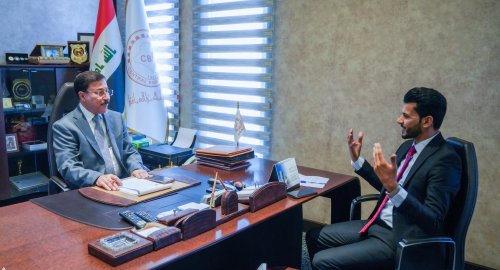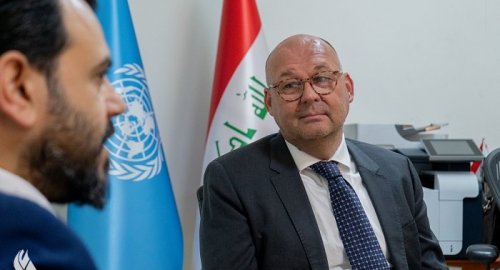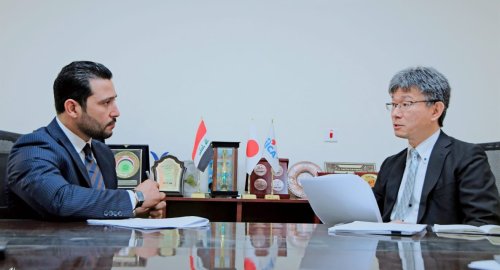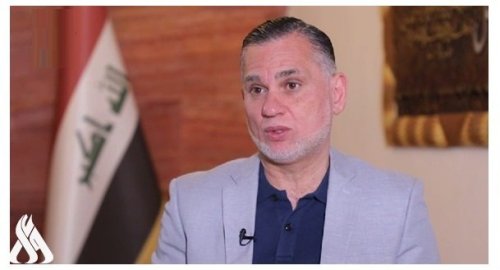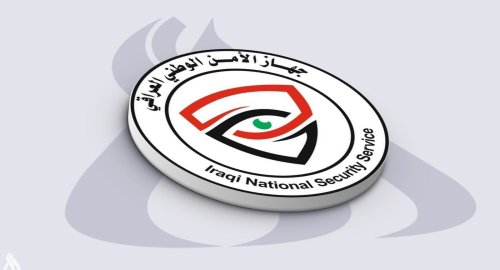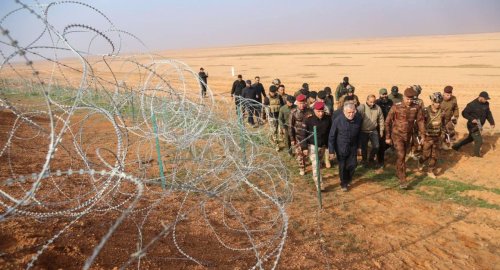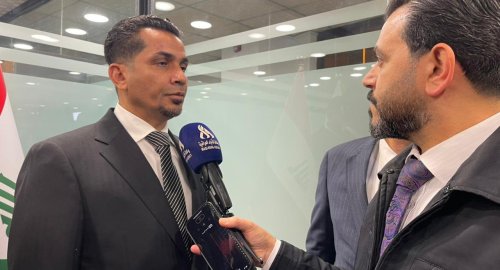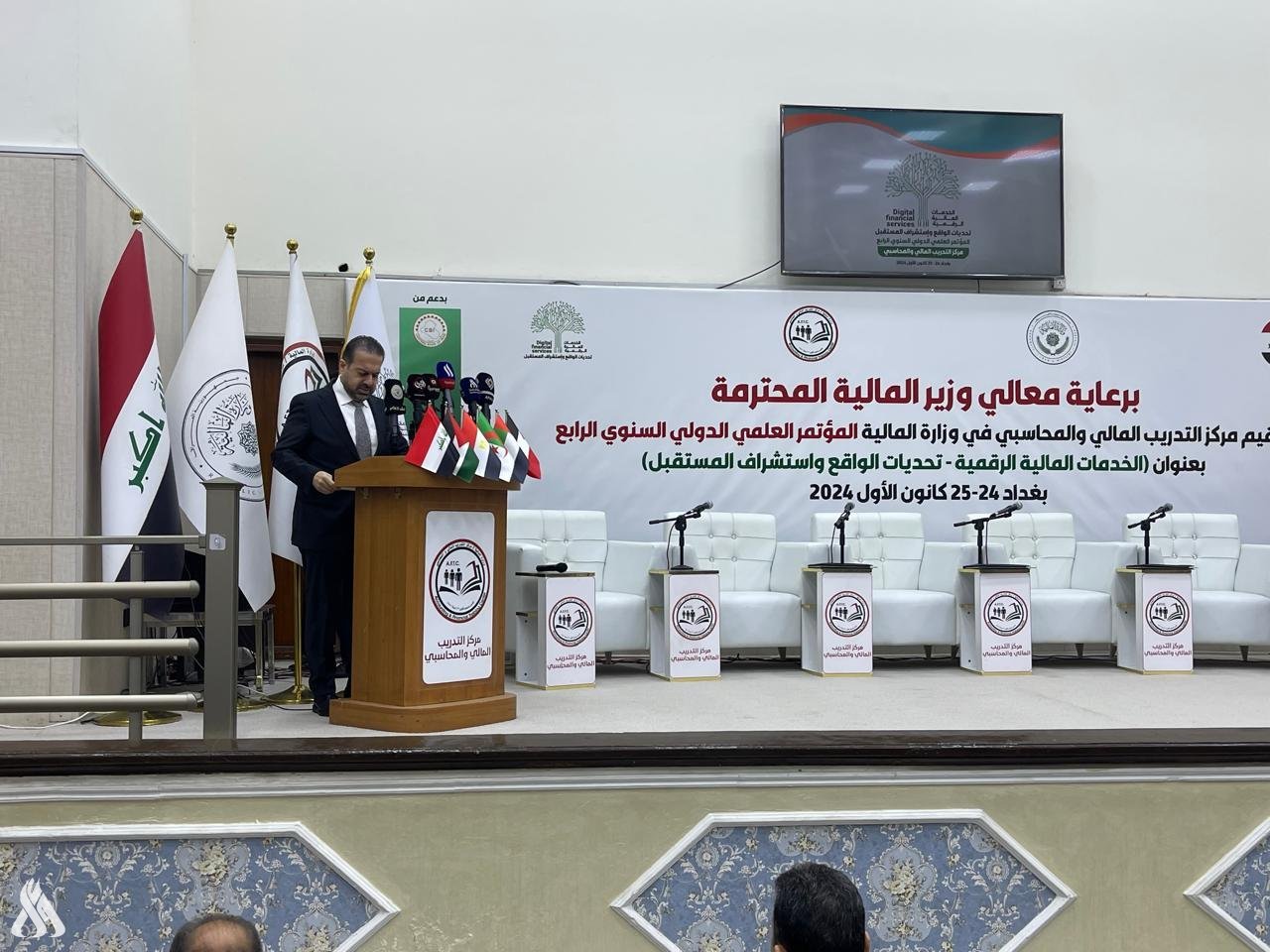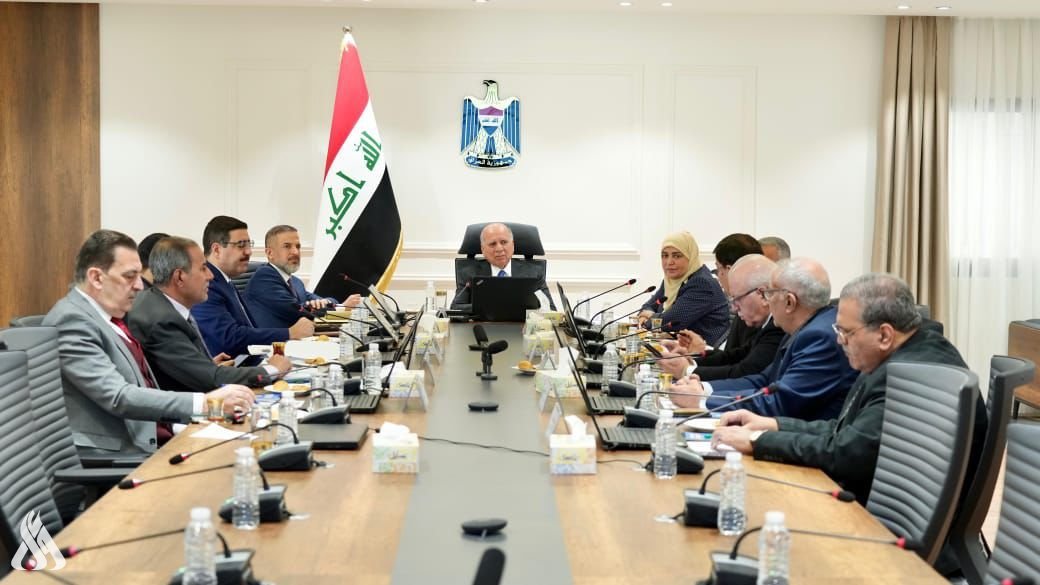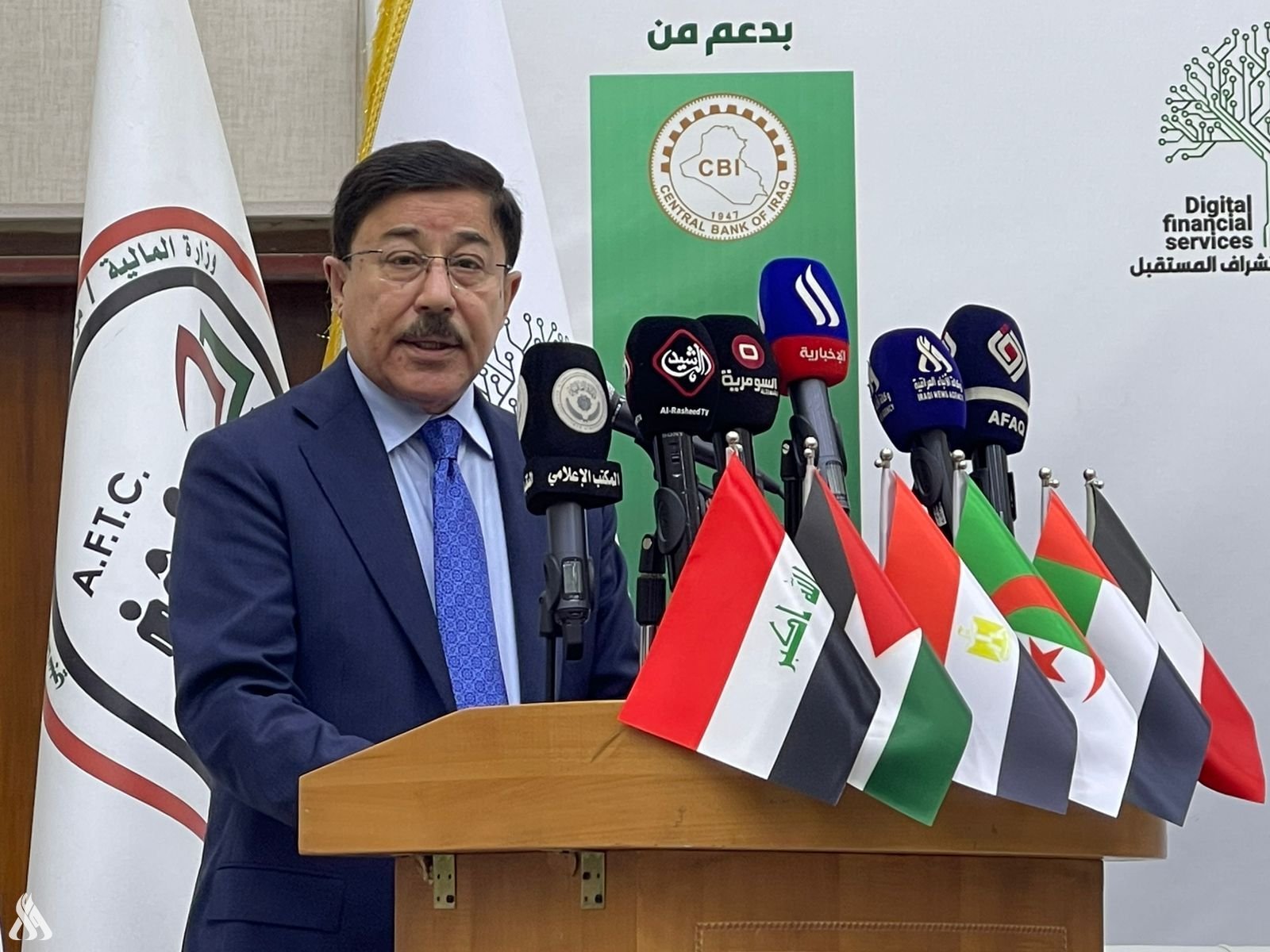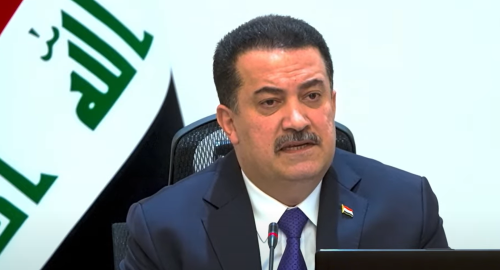
PM: A ministerial reshuffle to achieve more effective performance

politics
- 29-10-2024, 20:29
INA - BAGHDAD
PM Muhammed S. Al-Sudani stressed that "the ministerial formation is in the process of being amended according to performance and work indicators.""It is not a political position towards this bloc or this party, but rather a desire to achieve more effective performance to meet the requirements of the stage and the aspirations of citizens," said PM Al-Sudani during the Cabinet session held on Tuesday, on the occasion of the second anniversary of the formation of the government, in a statement by the PM Media Office - received by the Irawi News Agency - INA.
The main key highlights from the PM speech included the following:
"The government has achieved a 62% completion rate in overall targets across various sectors over its two-year tenure.
Significant progress has been made in key areas, though challenges persist in some aspects, with delays in certain projects. We conducted multiple evaluations over the past two years, producing three reports on government program implementation. Our achievements have not been limited to a single sector or location but have covered towns, districts, and city centers.
The Service and Engineering Effort Team has been instrumental in delivering swift services and addressing delayed projects, some dating back to 2005, with support from the Cabinet.
The number of delayed projects was reduced from 1,471 to 916 after resuming 555 government projects. We resumed 442 contracts and projects across provinces, with 8,934 projects currently in progress.
The focus has been on infrastructure projects, sewage treatment plants and networks, and drinking water provision, with new projects added to accommodate population growth. The traffic congestion relief project in Baghdad is significant, marking the first new overpasses since 1996 despite ongoing urban expansion.
Last year, we initiated road and bridge projects to serve the multimillion pilgrims' events, resulting in fewer traffic accidents. We faced delays in some services, such as the water desalination project in Basra and improvements needed at Iraqi airports. There were also delays in preparing residential land plots. We pledged to distribute 500,000 serviced plots, but complex land issues have hindered housing projects.
In healthcare, we inaugurated new hospitals, specialized centers, and primary care facilities, with many hospitals and clinics rehabilitated.
The electricity sector achieved record production of 27,000 MW, and new projects were launched to alleviate network congestion, including combined cycle and feeder line projects. We made significant progress in solar energy, with 15 projects underway totaling 5,720 MW in capacity.
In housing, we announced key residential cities that will provide citizens with comprehensive services and housing units. We made considerable strides in school building projects, some of which had stalled, such as Project No. 1, while other projects under the Iraq-China agreement are set for completion this year. Schools across all provinces have been renovated and rehabilitated.
The Iraq Development Fund project is designed to address the need for schools with a new service-purchase model.
The National Strategy for Education 2022–2031 was launched, alongside the “Study in Iraq” program and international scholarships for prestigious universities.
In poverty reduction, 962,000 families have been included in social protection welfare program, an 85% increase, covering 7.6 million individuals. Over 130 million monthly food baskets have been distributed since the government was formed, over the span of two years. We have activated student allowances, school feeding programs, and covered tuition for the needy, disabled, and diabetic children, who have also been added to social protection and health insurance. We targeted multidimensional poverty, alleviating it among families below the poverty line. Government measures have reduced Iraq’s poverty rate to 17.6%, down from 23%.
In combating unemployment, inherited issues were addressed by hiring hundreds of thousands of graduates with higher college degrees. The “Riyadh Initiative” for employment was launched. Government measures helped reduce unemployment from 16.5% to 14.4%.
In combating financial and administrative corruption, we pursued institutional reform, adopting a new approach in asset recovery and extradition, achieving measurable results.
For economic and financial reform, structural reforms were initiated across all government institutions. Overall inflation has been reduced from 4.9% in 2022 to 3% in 2024. Non-oil revenues increased by 6%, while tax revenues in 2024 rose by 23%. Total funds collected through electronic payments reached 7.6 trillion dinars, up from 2.4 trillion dinars in January 2023.
The establishment of the Iraq Development Fund is one of the most important reforms introduced in the budget law, aiming to support the private sector with provisions for sovereign guarantees for projects.
We have made significant strides in presenting investment opportunities and granting investment licenses for industrial and agricultural projects. We initiated efforts to localize the pharmaceutical industry, opening several projects and increasing local coverage of medicine needs to 35%, up from 10%, with plans to reach 85% within three years.
Improper implementation of the Social Security Law has negatively impacted the private sector and compromised employee guarantees. We have taken measures to support a business-friendly environment, including tax registration for companies and customs facilitation.
Challenges remain at border crossings, despite reforms and implementing network connections. Revenue from these crossings has not reached the desired level, especially in Kurdistan Region crossings, and further measures are needed to enhance control and unify customs tariffs.
Progress in the tourism sector has been delayed, and we have yet to fully capitalize on our religious, historical, archaeological, and natural sites, which are important for supporting the national economy. We achieved self-sufficiency in strategic crops, yet more work is needed to implement an agricultural vision in line with available water resources.
Decisions have been made to establish a national mobile phone company, with international partnerships underway to bring added revenue for the state.
In the sports sector, significant progress has been made in stadiums construction, which is vital for our athletes.
We announced the Development Road Project and signed a four-party memorandum of understanding with Qatar, UAE, and Türkiye, with ongoing work toward completion. We are working in parallel with specialized companies to design current railway rehabilitation projects as a secondary initiative while constructing the Development Road.
We have announced the Karbala–Najaf Railway Project and the Baghdad Metro Project and are actively negotiating with relevant authorities and consultancy firms. The water management project with Türkiye is among the key strategic initiatives that will provide sustainability in the agricultural sector. Significant progress has been made on Al Faw Grand Port projects, including berths, the immersed tunnel, the navigation channel, the container yard, and the connecting road.
We reached an agreement with international coalition countries to conclude their mission according to a declared timeframe. We successfully secured a United Nations Security Council resolution regarding the UN mission in Iraq.
We continue to face financial challenges while ensuring liquidity and prioritizing spending as we shift to a program-based budget aligned with the ministerial agenda. We aim to increase revenue, rationalize spending, and digitize financial and customs transactions. All financial transactions are being subjected to compliance and governance standards.
Outdated legislation no longer aligns with current needs, hindering progress in construction, investment, and services. Regional conflicts have direct impacts on Iraq’s security and economy.
We are preparing for a government reshuffle based on performance metrics, not as a political stance against any bloc or party, but to enhance effectiveness to meet the needs of the stage and the citizens’ expectations.
We have completed the long-awaited provincial council elections.
A population census remains one of the important pending milestones."
Al-Ameri visits the border strip in the Al-Qaim area
- Security
- 01:50
Oil prices set for weekly gain on China expectations
- Economy
- 12:04
US Central Command: We killed ISIS terrorist leader Abu Yusuf in Syria
- International
- 24/12/20
7 ISIS elements arrested in Kirkuk
- Security
- 24/12/20
